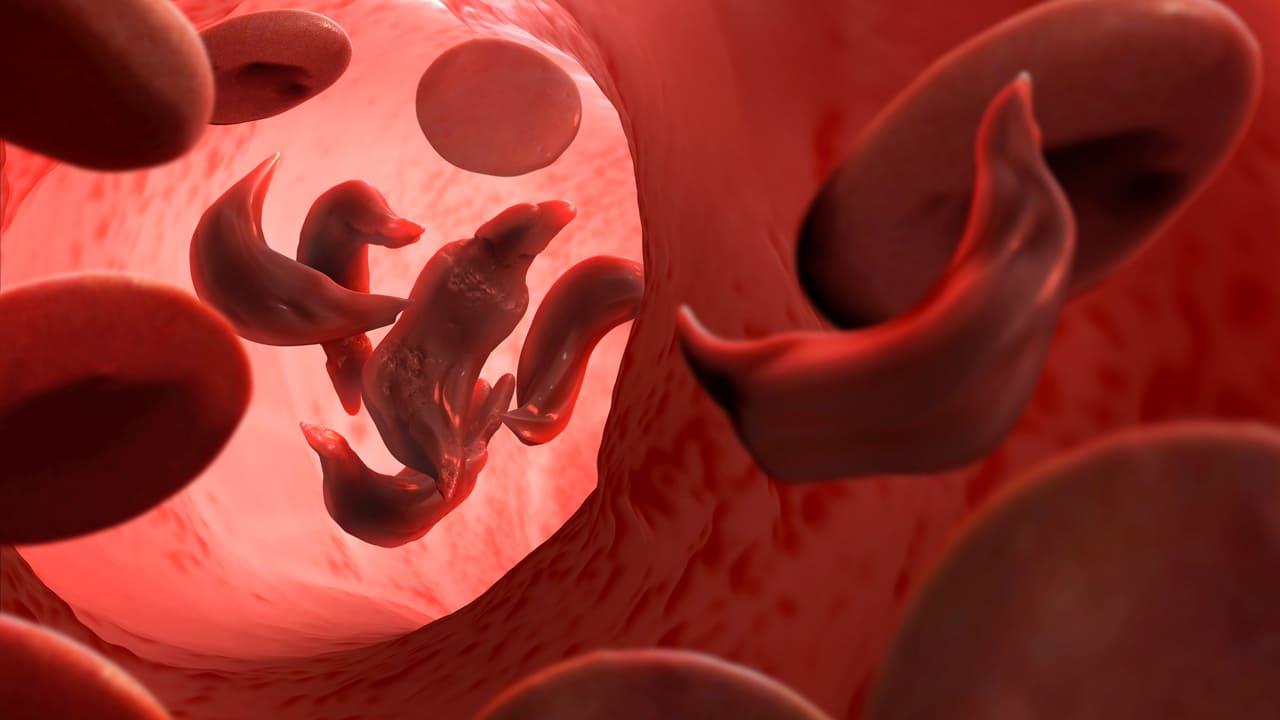KEY TAKEAWAYS
- The phase 3 trial aimed to investigate the efficacy and safety of neoadjuvant IBI310 plus sintilimab in pts with MSI-H/dMMR CRC.
- The primary endpoint was to determine the pCR rate.
- Researchers noticed that IBI310 plus sintilimab improved pCR rates with manageable safety.
Immune checkpoint inhibitors have been used in the neoadjuvant setting and have shown promising clinical benefits in various tumors.
Rui-Hua Xu and the team aimed to evaluate IBI310 plus sintilimab as neoadjuvant treatment in patients (pts) with microsatellite instability-high (MSI-H)/mismatch repair-deficient (dMMR) colorectal cancer (CRC) in a randomized, open-labeled, phase Ib study.
They performed an inclusive analysis of previously untreated pts with locally advanced (stage IIB-III), resectable, MSI-H/dMMR colorectal cancer (CRC). Patients were enrolled and randomized to receive either one cycle of IBI310 1mg/kg plus 2 cycles of sintilimab 200 mg Q3W (arm A) or two cycles of sintilimab 200 mg Q3W (arm B) as neoadjuvant treatment.
The stratification factors included risk evaluation at baseline (high risk: stage T4 or N2 vs low risk: stage T1-3 and N1) and age (< 55 years vs ≥55 years). Curative resection was scheduled between day 36 and day 56 after the first dose of neoadjuvant treatment. The primary endpoint was the pathological complete response (pCR) rate, while secondary endpoints included the R0 resection rate and safety.
About 101 pts were enrolled as of February 4, 2024 (males: 55.4%, median age: 56 years, ECOG PS 1: 54.5%, high risk: 76.2%) and randomized into arm A (n = 52) and arm B (n = 49). In arm A, 1 pt had early termination of treatment (withdrawal). In arm B, 4 pts had early termination of treatment (1 withdrawal, 1 died, 2 continued neoadjuvant sintilimab). Scheduled curative resections were performed in 51 (98.1%) pts in arm A and 45 (91.8%) pts in arm B. Postoperative evaluation revealed mismatch repair-proficient (pMMR) in 1 pt each in arm A and arm B. The pCR rates were 80.0% (40/50, 95%CI: 66.3-90.0) in arm A vs 47.7% (21/44, 95%CI: 32.5-63.3) in arm B (P = 0.0007).
All pts who received surgery had R0 resection. Median time between the first dose of neoadjuvant treatment and surgery was 47 days (range: 35-82). Surgery delay occurred in 3 pts, including 2 pts in arm A due to grade 2 hypothyroidism (2 days delay) grade 1 hyperthyroidism (13 days delay), and 1 pt in arm B for other reasons (26 days delay). Treatment-emergent adverse events (TEAEs) occurred in 46 pts (88.5%, grade≥3 in 13 pts) in arm A and 39 pts (79.6%, grade≥3 in 9 pts) in arm B.
Immune-related adverse events (irAEs) occurred in 22 pts (42.3%) in arm A and 18 pts (36.7%) in arm B. Grade ≥3 irAEs occurred in 3 pts in arm A, including immune-mediated myocarditis, ileus, and enteritis, and in 4 pts in arm B, including alanine aminotransferase increased, rash, hypothyroidism, and myocarditis. Serious TRAEs occurred in 4 (7.7%) pts in arm A and 3 (6.1%) pts in arm B. TRAE leading to death occurred in 1 pt in arm B (myocarditis).
The study concluded that neoadjuvant IBI310 plus sintilimab demonstrated a significant improvement in pCR rates compared to sintilimab alone in MSI-H/dMMR CRC, with comparable and manageable safety profiles observed in both treatment arms.
The trial was sponsored by the Innovent Biologics (Suzhou) Co. Ltd.
Source: https://meetings.asco.org/abstracts-presentations/234192
Clinical Trial: https://clinicaltrials.gov/study/NCT05890742
Xu R H., Wang F, Chen G, et al. (2024). “Neoadjuvant treatment of IBI310 (anti-CTLA-4 antibody) plus sintilimab (anti-PD-1 antibody) in patients with microsatellite instability-high/mismatch repair-deficient colorectal cancer: Results from a randomized, open-labeled, phase Ib study.” Presented at ASCO 2024. J Clin Oncol 42, 2024 (suppl 16; abstr 3505), 10.1200/JCO.2024.42.16_suppl.3505



